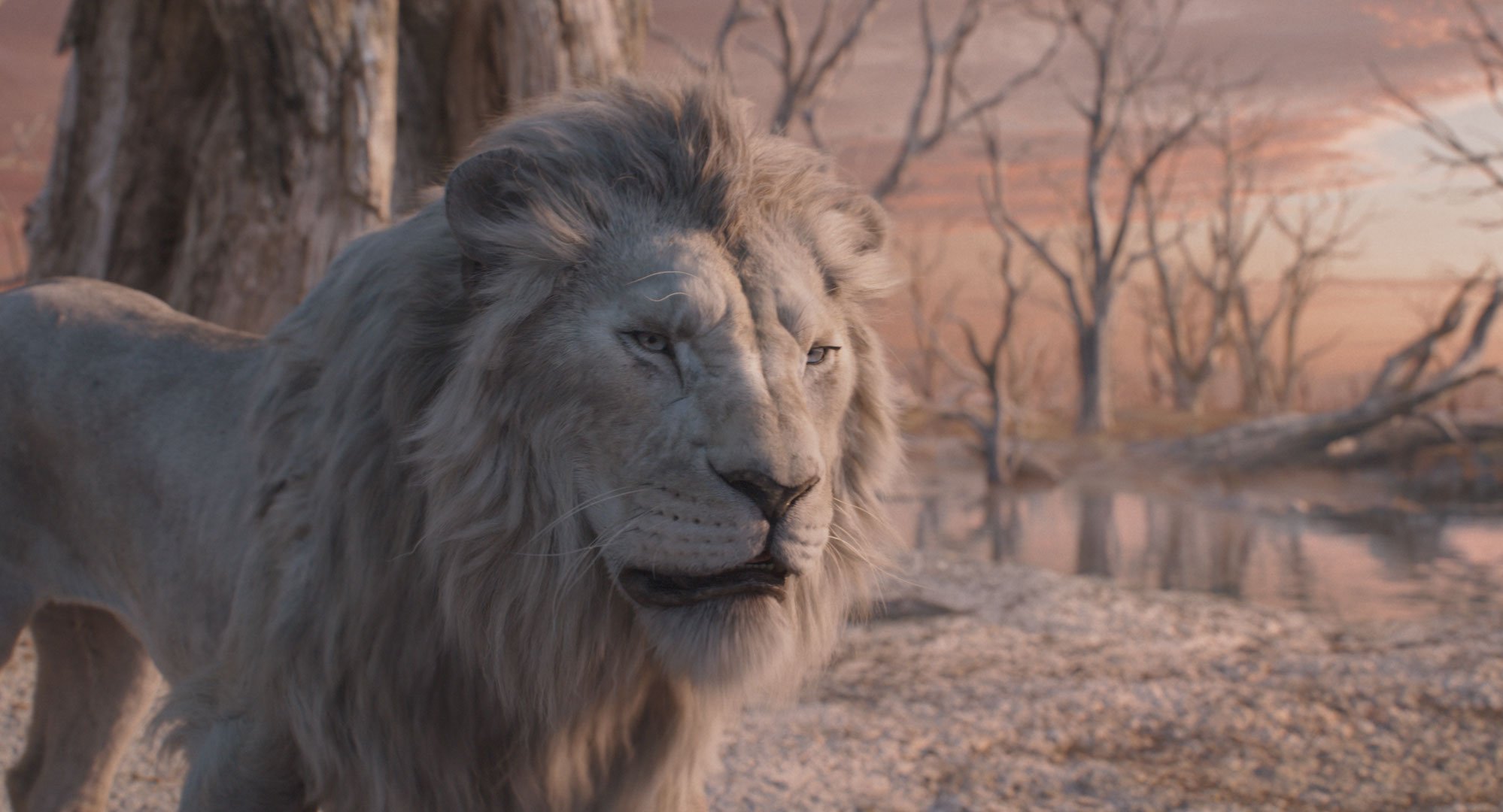Mufasa: The Lion King
Once again, Disney stretches the meaning of both “live-action” and “storytelling” into something deadly dull
Born into a pride of…two lions, Mufasa (Aaron Pierre) is content with a simple life. His mother tells him stories of a paradise that they will travel to one day. But his childhood paradise is shattered when he’s separated from his family and forced to start again, alone in the world.
Quickly, he finds new friends. The first is Taka (Kelvin Harrison Jr.), the prince of another lion pride who immediately takes to Mufasa. The boys decide to grow up as brothers and spend their formative years creating a strong bond. But bonds are tested when both Mufasa's and Taka’s pride is threatened by the evil lion Kiros (Mads Mikkelsen) and his band of white lions.
Can Taka and Mufasa save their pride?
A sequel that no one asked for to an atrocious “live-action” CGI remake, Mufasa: The Lion King was doomed from the outset. Director Barry Jenkins tries his best to inject a bit of metaphor into the story (a group of white lions thinking they have rights to land that doesn’t belong to them), but the CGI and the lackluster voice acting do nothing to help Jenkins make art from another horrendous cash grab sequel.
First, let’s address the elephant in the room: CGI animation is not live action. There are no real lions acting out scenes. They don’t go to their trailers and DoorDash antelopes in between takes. The problem with CGI realistic animation is that it robs the animals of expression. All of the personality that animators drew into the cartoonish lions in the 90s original is lost. In its place, we get blank, uncanny valley lions that barely snarl realistically.
But even with better-looking lions, this movie is a mess. Presumably, the whole point of this movie was to address three YouTube videos complaining that it didn’t make sense that brothers Mufasa and Scar had different accents. Thank god we have the answer to that burning question, and it only took 2 hours of crappy filmmaking!
The story of Mufasa and Taka (who, spoiler alert for a 30-year-old movie, will grow up to become Scar) could have been a poignant tale of brothers who grow apart. What we get is a barely-there love triangle and a lot of childhood trauma.
Worse, Mufasa seems to negate Jenkins’ metaphor with the white lions. If we should be accepting of newcomers and welcome them into our homes, unlike Kiros and the bad colonizer lions, then perhaps it was a poor idea to have Mufasa show up to Taka’s home, steal his love interest, his title, and ultimately give him an ableist name that is a constant reminder of his mistakes/shortcomings. Literally, the reveal here is that Mufasa names Taka Scar and encourages everyone else to call him that, too. It was bad enough that Mufasa translates to King in Swahili, while Taka means either Rubbish or Want depending on the translation. Now, poor Rubbish has to live with being called Scar. It’s not too hard to see why Scar chucks Mufasa’s fluffy butt to the wildebeests a few years later.
This movie does nothing to enhance the cinematic universe of The Lion King, with ugly effects, unmemorable songs, and a plot that seems to secretly support xenophobia and ableism.
I will offer congratulations to John Oliver, however, who is still the second-best Zazu on film, but now, thanks to Preston Nyman’s flat affect in Mufasa, is no longer the worst Zazu. Hakuna Matata indeed.
Verdict: Leave this one for the hyenas
Mufasa: The Lion King is rated PG and is available in theaters December 20
